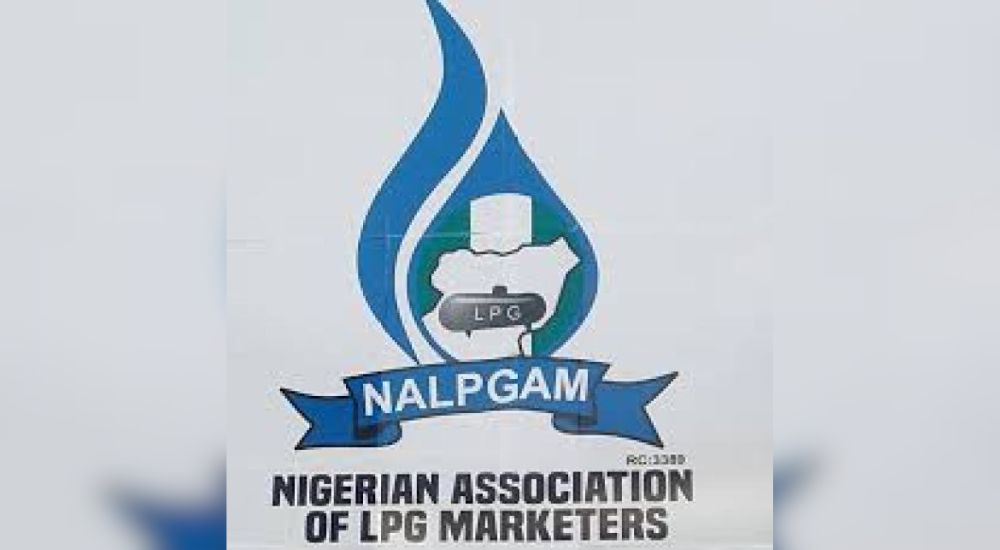Marketers Blame Cooking Gas Price Surge On Supply Disruptions, Exploitation
The Nigerian Association of Liquefied Petroleum Gas Marketers (NALPGAM) has attributed the recent surge in the price of cooking gas across the country to temporary supply disruptions and opportunistic exploitation by some market operators.
NALPGAM’s National President, Oladapo Olatunbosun, stated this on Wednesday while speaking on Channels Television, clarifying that there has been no official increase in the price of Liquefied Petroleum Gas (LPG).
Advertisement
According to Olatunbosun, the sharp rise in prices from an average of ₦1,200–₦1,300 per kilogram to between ₦1,700 and ₦2,000, and as high as ₦3,000 in some areas is the result of a temporary supply gap created by maintenance at the Dangote Refinery and the recent strike by the Petroleum and Natural Gas Senior Staff Association of Nigeria (PENGASSAN), which disrupted product distribution.
“I sympathise with Nigerians as the President of NALPGAM because we never intended to have a situation like this. There has been no official increment in the price of cooking gas,” Olatunbosun said.
“What is happening is that some marketers are taking advantage of the shortage in supply and increased demand to make excessive profits, which is wrong.”
He described the current price hike as “artificial and temporary”, expressing optimism that supply and pricing would stabilise in the coming days as product distribution normalises.
Advertisement
Olatunbosun explained that before the disruptions, the Dangote Refinery had strengthened domestic LPG supply by dispatching about 50 trucks daily, reducing dependence on imports and stabilising prices.
However, the refinery’s maintenance and renovation activities slowed down truck loading times, forcing marketers to switch to Apapa depots for product sourcing.
“When Dangote commenced renovation, trucks started spending up to 14 days before they could load products. Marketers then switched to Apapa, and the impact was not immediately felt,” he noted.
The situation worsened, he said, when the PENGASSAN strike halted vessel discharges and inspections, preventing new supplies from entering the market.
“Even when vessels arrived, there were no officers on the ground to inspect and discharge them because of the strike. That caused about five days of delay, leading to a backlog that intensified scarcity,” he said.
Advertisement
With the strike now called off, Olatunbosun confirmed that vessel discharges and truck loading have resumed, and normalcy is expected to return soon, especially in the South-West, which consumes the largest share of Nigeria’s LPG.
He also noted that Nigeria’s national LPG consumption has grown from about 1.2 million metric tonnes three years ago to nearly two million metric tonnes, meaning that any disruption in supply now has a more pronounced impact on prices.
Olatunbosun urged consumers to purchase directly from registered gas plants rather than through third-party resellers, who often inflate prices.
“If you buy from a gas plant, you’ll get a fair price between ₦1,000 and ₦1,300 per kilogram, depending on location. People paying ₦1,700 or more are likely buying from middlemen who add illegal markups,” he advised.
The NALPGAM president assured Nigerians that the association is working with relevant authorities to stabilise supply and curb unethical practices in the market.
“We frown at exploitation by some marketers, and by the grace of God, normalcy will return in the next few days,” Olatunbosun affirmed

